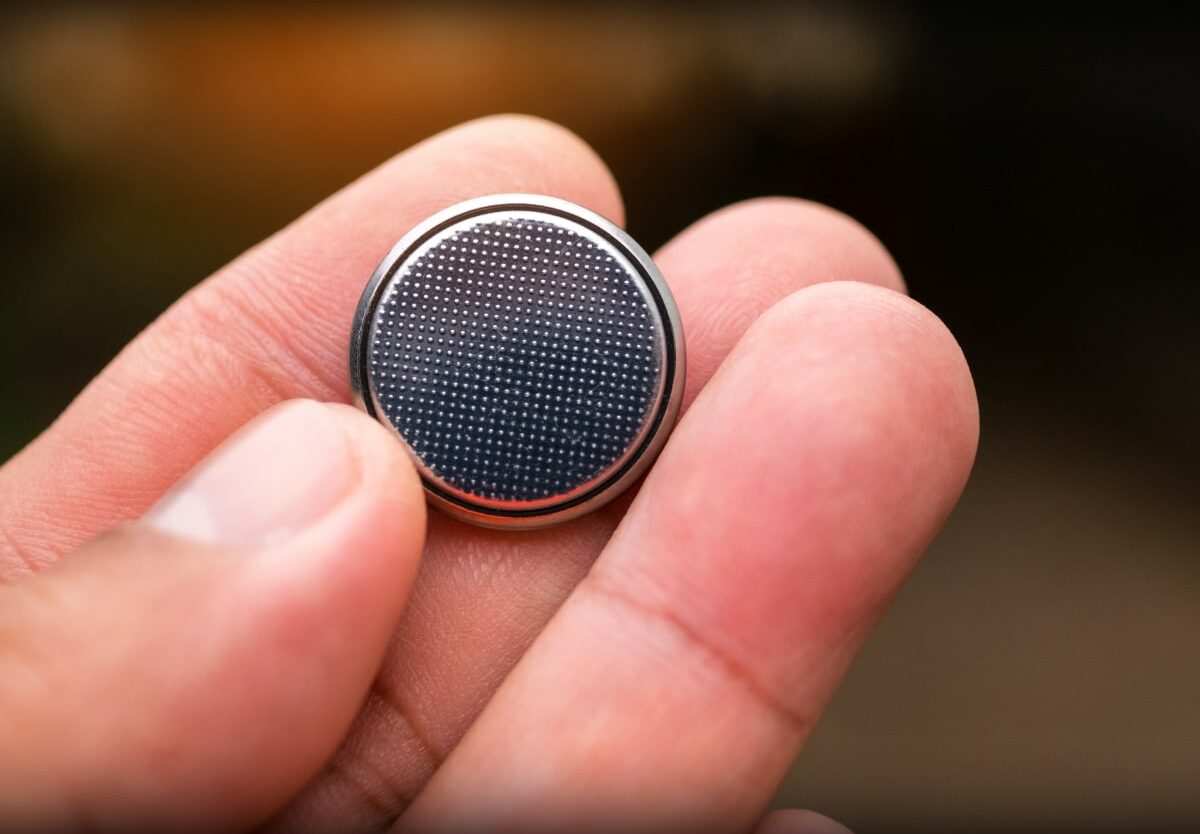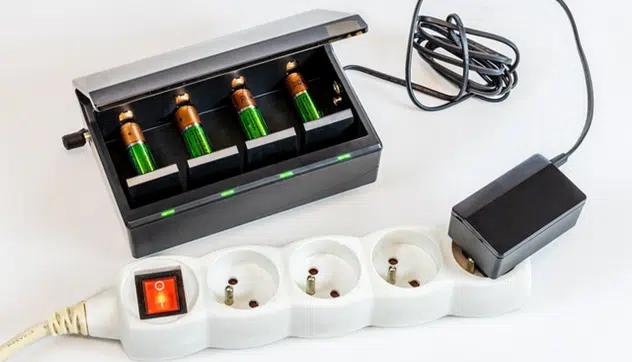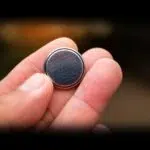National Button Battery Awareness Day occurs every June 12 to remember Reese Hamsmith, an 18-month-old toddler from Lubbock, Texas, who died tragically after swallowing a button battery. Despite being taken to the hospital and undergoing surgery, baby Reese did not survive, as the button battery had already caused too much damage. Before the incident, few people knew about the dangers of button batteries — an everyday household object. National Button Battery Awareness Day is observed to raise awareness in the hopes that no one else will ever have to suffer the way baby Reese and his family did.
History of National Button Battery Awareness Day
This day was created in April 2021 by Trista Hamsmith, whose daughter Reese passed away at the tender age of 18 months. Reese had swallowed a button battery and even though doctors performed surgery to remove it, it only solved a part of the problem. Dr. Thomas McGill, the surgeon at University Medical Center who saved Reese in the beginning by getting the battery out said these batteries are flat and have a positive and negative side. When they go into the esophagus, they begin generating electricity which causes an electrical burn.
Several health agencies provided demonstrations by putting a button battery between ham slices. You can see it begin to burn through the ham in just half an hour. Trista said the battery had damaged her daughter’s throat and so there was air and food going to places where it’s not supposed to. She also said that the hole created was a large one. Surgeons at the Texas Children’s Hospital in Houston tried repairing this hole but the damage was already too great. Reese died six weeks after the battery had been removed. Trista called it a living nightmare if it hadn’t been for the support from friends, family, and strangers back home.
But when the unfortunate story went viral, there were some people who blamed the Hamsmiths for being careless. This was when Trista knew she had to speak up to educate families and save other children from the same fate. She said it isn’t a matter of watching your child every second because these things can happen incredibly fast. She created the day so that more parents would be aware of button batteries and the dangers they pose.
National Button Battery Awareness Day FAQs
How do button batteries hurt children?
Swallowed button batteries can cause some serious internal injuries and can even be deadly. If lodged in the throat, they can cause burning.
How do button batteries cause death?
Hydroxide ions are caustic, which is the main constituent of an oven or drain cleaner, and causes “liquefactive necrosis”. This means they can eat through the body’s tissue.
What is Reese’s law?
“Reese’s Law” was introduced with bipartisan support in the U.S. House of Representatives on September 21 and in the Senate on November 30. If passed, the law would require secure battery compartments on consumer products along with improved warning labeling and packaging.
How to Observe National Button Battery Awareness Day
Inspect your house
Check the various gadgets in your house to ensure all button batteries are tightly sealed inside. Also, check the rest of your home to see whether there are any loose ones lying around, and throw out all the old ones that don’t work anymore.
Teach your kids
Teach everyone in your family, from the eldest to the youngest, to stay away from button batteries. Tell them the damage swallowing them can cause and ask everyone to be careful.
Honor the children
Honor Reese and the many other children who lost their lives from swallowing these batteries. Spread the information among your friends and family and post about it online.
5 Important Facts About Button Batteries
They cause a lot of damage
The battery reacts with bodily fluids, such as mucus or saliva, creating a circuit that can release an alkali that is strong enough to burn through human tissue.
They have caused a lot of deaths
In the U.S., an average of over 3,000 pediatric button battery ingestions are reported annually, and the trend toward major and fatal outcomes is increasing.
Toddlers are at risk
Children five years old and below are most at risk of swallowing button batteries.
They can be tricky to diagnose
Many button battery ingestion cases take a long time to be addressed because they are often misdiagnosed.
They should be taught in medical schools
Many groups are advocating for the inclusion of the procedure to remove button batteries in medical school curriculums.
Why National Button Battery Awareness Day is Important
Button batteries are everywhere
They’re found in cell phones, toys, keyless fobs, musical greeting cards, and flameless candles. In Reese’s case, the Hamsmiths found a remote control with a broken battery compartment later.
It could save lives
Knowing more about this problem can help save countless lives. Such awareness will help parents and children be more mindful of where these button batteries are.
It pushes for change
Advocacy groups are also asking companies and battery makers to change how these cells are made. Some companies have responded by coating button batteries in a bitter flavor to make them unappealing to kids.
National Button Battery Awareness Day dates
| Year | Date | Day |
|---|---|---|
| 2026 | June 12 | Friday |
| 2027 | June 12 | Saturday |
| 2028 | June 12 | Monday |
| 2029 | June 12 | Tuesday |
| 2030 | June 12 | Wednesday |






















